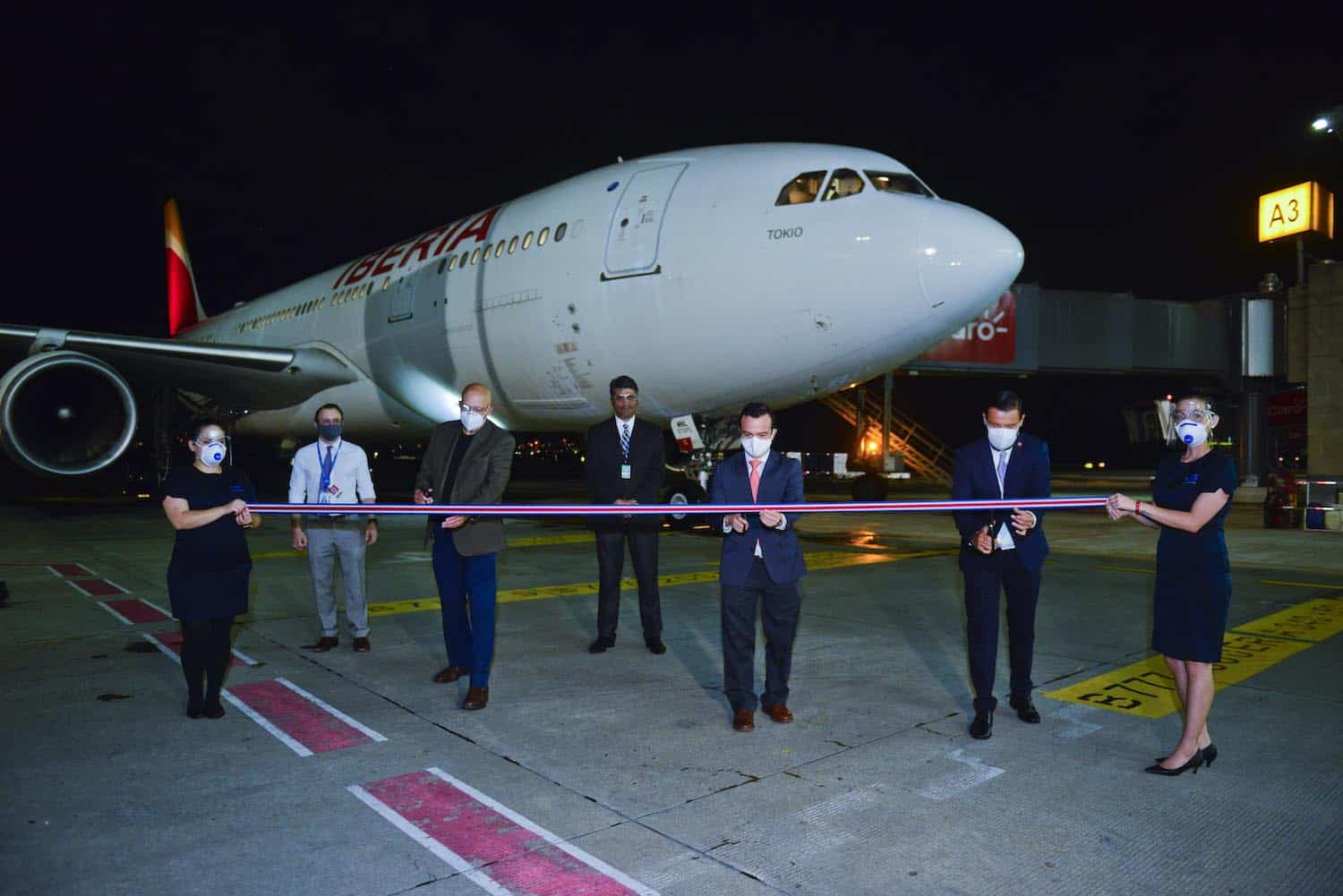The coronavirus crisis has transformed life in Costa Rica, which has enacted measures to protect the capacity of its health system.
Here’s what you should know as a new day starts in Costa Rica:
AmCham pushes for flights from U.S.
The Costa Rican-American Chamber of Commerce on Monday asked that the government allow commercial flights from the United States “as soon as possible” in order to help revive the tourism sector.
“Most of the airlines that fly to Costa Rica come from the United States and provide the highest frequency of direct flights,” Gisela Sánchez, President of AmCham, said in a statement. “Historically, U.S. citizens make up the largest group of tourists, making it illogical to exclude them.
“We believe that, applying the same regulation proposed for other countries, they should be able to enter our country.”
Starting this month, Costa Rica is welcoming foreign tourists from certain countries. The United States, which leads the world in confirmed coronavirus cases and deaths, is not on the current list.
AmCham indicated that it generally supports Costa Rica’s current requirements for arriving tourists — with some modifications. It asked that the validity of a negative coronavirus test be extended to 72 hours, and that tourists be allowed to choose their travel insurance policy.
“Every visitor should be free to purchase their preferred insurance, including from local and international providers,” Sánchez said. “Mandating a single supplier is going to result in some tourists dismissing our country as a destination.”
The first commercial flight since mid-March landed Monday night at Juan Santamaría International Airport. The Iberia flight arrived from Spain with 210 passengers.
Mayors ask for easing of restrictions
The Municipalities of Mora, Escazú and Mora have asked that their cantons be elevated to a Yellow Alert, a move which would permit businesses to remain open throughout the “Closed Phase” that starts August 10.
“We maintain close contact with authorities of the Central Government and express our request to change the alert, among other series of actions that benefit and improve the current situation of our canton,” the Municipality of Mora shared on Facebook.
Alfonso Jiménez, Mayor of Mora, reportedly indicated that municipal police would not enforce the driving restrictions, leaving that responsibility to traffic police. Instead, he said, municipal police will attend to other matters, including dispersing large gatherings.
When asked about the municipalities, Health Minister Daniel Salas on Monday indicated that an inter-institutional roundtable determines the alerts, and that mayors are invited to the the dialogue.
“Nothing is written concretely, inflexibly, but we try to give that capacity for planning,” Salas said of the August measures.
The mid-August “Closed Phase” is meant to help health authorities isolate any new coronavirus outbreaks in the Greater Metropolitan Area, the current coronavirus epicenter. However, the associated business closures affect Mother’s Day and will exacerbate the economic crisis.
Law firms seek clarification on borders
Outlier Legal and other law firms have asked the Costa Rican government to clarify the new border-restriction guidelines.
“The information received thus far is extremely confusing and contradicting,” Outlier Legal’s Irene Brenes wrote in a blog post.
In their communication, Outlier Legal cited the uncertainty regarding:
- Whether parents of Costa Rican nationals and spouses of Costa Rican nationals can enter Costa Rica in August.
- Whether people can enter Costa Rica with a DIMEX that appears expired but has been automatically extended until Sept. 30.
- Whether people with approved residencies but who do not yet have their DIMEX card can enter Costa Rica.
“Transit of Residents and people with applications in progress is much more restricted now than when borders were closed,” Brenes wrote.






